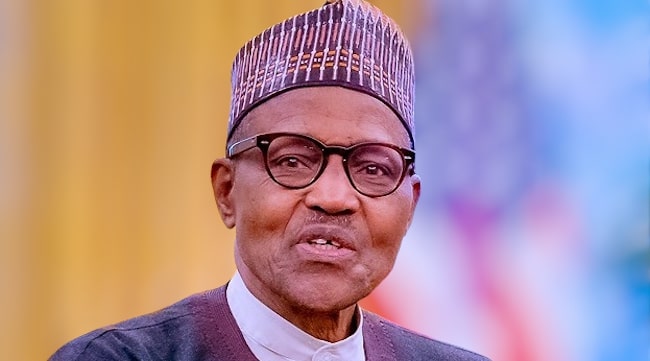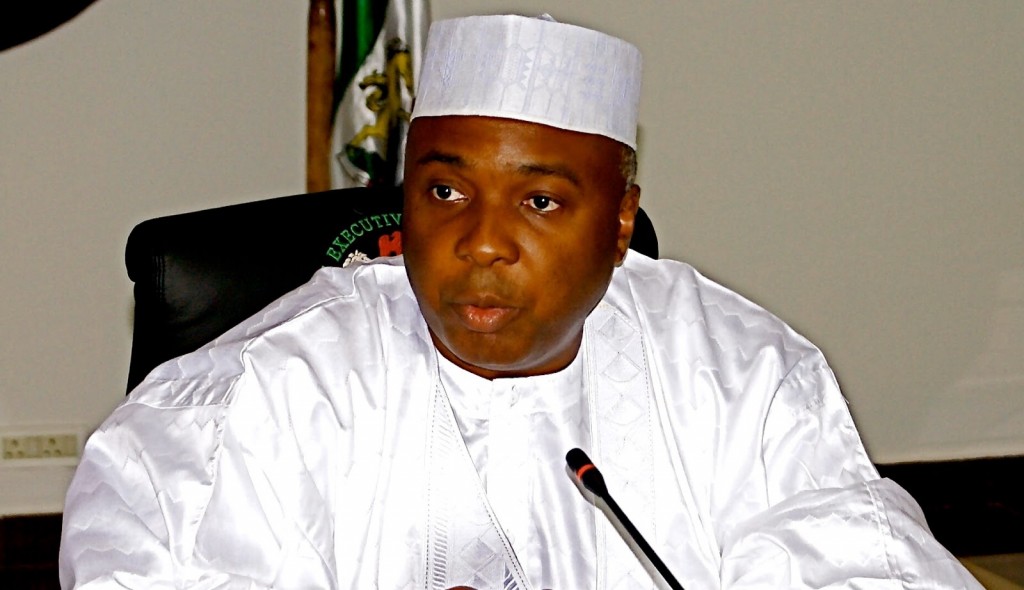President Bola Tinubu’s Renewed Hope Agenda is already yielding significant positive changes across various sectors of the Nigerian economy, according to Professor Tunji Olaopa, Chairman of the Federal Civil Service Commission.
Olaopa made these remarks while delivering a keynote lecture at the “1st International Conference on Public Policy, Governance and Development” held at Obafemi Awolowo University, Ile Ife, on Monday, May 26, 2025. The conference was organized by the Department of Public Administration.
In his lecture, titled “Building a Promising Future in Africa through Policy Re-Evaluation: The Defining Issues in Perspective,” Olaopa highlighted the historical deficit of good governance in Africa and its impact on citizen development. He noted that sustained development has been largely limited to Botswana, Rwanda, South Africa, Mauritius, and Ethiopia. This developmental gap, he argued, underscores the importance and timeliness of the Renewed Hope Agenda.
Olaopa emphasized that the Agenda possesses the potential to propel Nigeria into a new era of significant progress. He called upon scholars and researchers to actively contribute to the success of the initiative, pointing out areas where the Renewed Hope Agenda is already demonstrating impact.
“This conversation is relevant as an opportunity to challenge scholars and policy researchers as change agents to come on board the moving train of progress,” Olaopa stated. He attributed the progress to President Tinubu’s leadership and called for collaborative efforts to strengthen the emerging ecosystem and foster public trust, vital for a transformational journey.
He further stressed the urgency of addressing the development and democratic challenges in Africa, noting that the Renewed Hope Agenda presents a valuable opportunity for scholarly analysis. He suggested benchmarking Nigeria’s progress against high-performing nations like Malaysia, Singapore, China, and India, to identify lessons applicable to Nigeria’s transformation. “These countries were in the same league with Nigeria a few decades ago. They have however charted their different paths to the different destinations,” he observed.
Olaopa urged scholars to conduct policy-engaged research, drawing evidence from the successes of other nations to inform Nigeria’s transformation narrative. He highlighted the opportunity to contribute to a “new dawn” by identifying and implementing strategies that have proven effective elsewhere.
Specifically, Olaopa pointed to the transformation of the nation’s tax system as a key achievement. He cited the increase in tax exemptions for small businesses (from an annual turnover of 25-50 million naira), the reduction of the tax burden on businesses, and the increase in revenue collection efficiency as tangible evidence of the Agenda’s positive impact.




